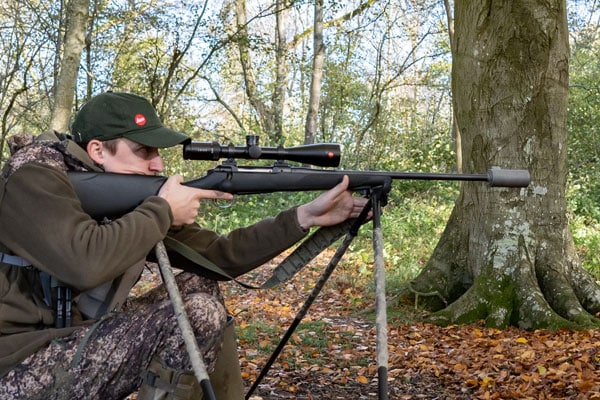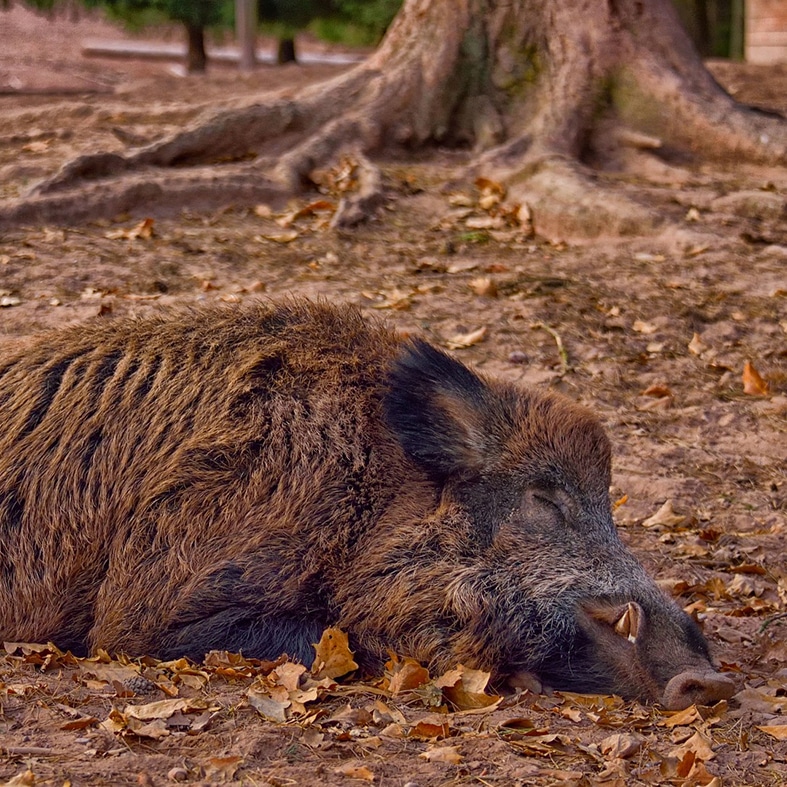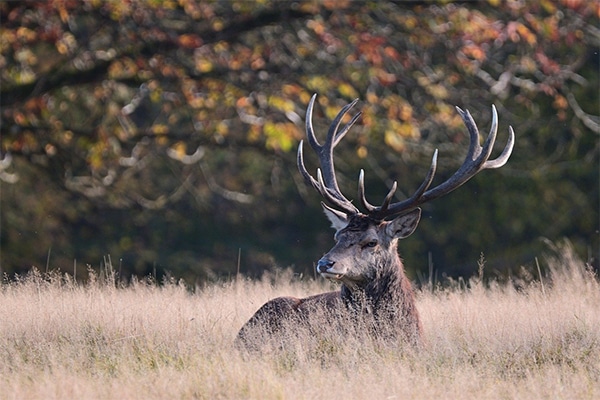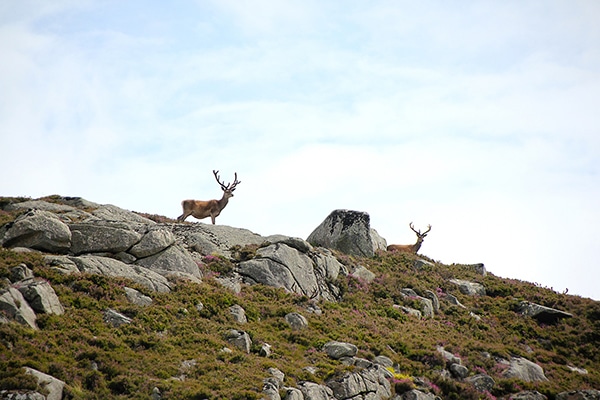
Deer Stalking Certificate (DSC1)
The Deer Stalking Certificate (DSC1) is designed for the shooter who has recently taken up stalking and is seeking further advice and guidance.
Get information on the legal shooting season for mammals and birds in the UK.
Apply for funding for your project or make a donation today
Comprehensive information and advice from our specialist firearms team.
Everything you need to know about shotgun, rifle and airgun ammunition.
Find our up-to-date information, advice and links to government resources.
Everything you need to know on firearms law and licensing.
All the latest news and advice on general licences and how they affect you.


African Swine Fever (ASF) is a highly infectious and usually fatal disease that affects members of the pig family, including domestic pigs and wild/feral boar. While it does not affect humans, we can quite easily transmit the disease and need to take care.
The disease has the potential to inflict serious damage both to wild boar populations and to the agricultural pig market.
ASF has been found in many eastern European countries (including Estonia, Latvia, Lithuania and Poland). However, most recently it has been found in the wild in Belgium, representing a huge leap. The main priority is to prevent the further spread of the disease, both in Europe and into the UK.
BASC is currently part of the ASF task force, working closely with several of the key European hunting authorities. As part of this, we are exploring ways of limiting and eliminating the threat and are also putting together guidance and training for hunters to raise awareness of the disease.
As individuals, many of us will be planning on heading to Europe to hunt boar, and by taking a few precautions we can help prevent the spread of ASF.
These precautions include:

The Deer Stalking Certificate (DSC1) is designed for the shooter who has recently taken up stalking and is seeking further advice and guidance.

Find out everything you need to know about deer management, whether you are new to deer stalking, or want more practical advice.

Here is some advice to help prepare you for the process of applying for a deer stalking lease.
Sign up to our weekly newsletter and get all the latest updates straight to your inbox.
© 2025 British Association for Shooting and Conservation. Registered Office: Marford Mill, Rossett, Wrexham, LL12 0HL – Registered Society No: 28488R. BASC is a trading name of the British Association for Shooting and Conservation Limited which is authorised and regulated by the Financial Conduct Authority (FCA) under firm reference number 311937.
BASC Direct Ltd is an Introducer Appointed Representative of Agria Pet Insurance Ltd who administer the insurance and is authorised and regulated by the Financial Conduct Authority, Financial Services Register Number 496160. Agria Pet Insurance is registered and incorporated in England and Wales with registered number 04258783. Registered office: First Floor, Blue Leanie, Walton Street, Aylesbury, Buckinghamshire, HP21 7QW. Agria insurance policies are underwritten by Agria Försäkring.
If you have any questions or complaints about your BASC membership insurance cover, please email us. More information about resolving complaints can be found on the FCA website or on the EU ODR platform.